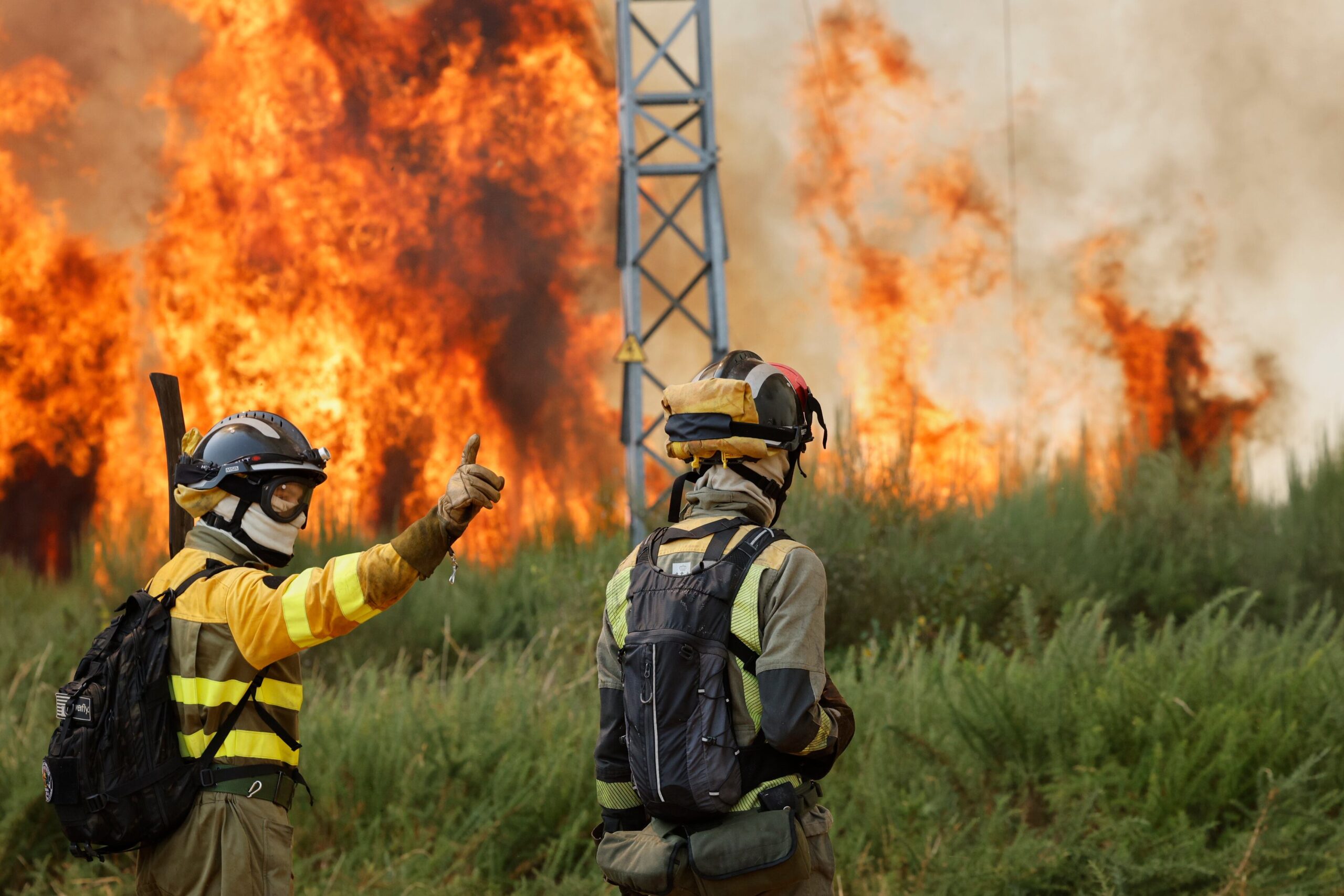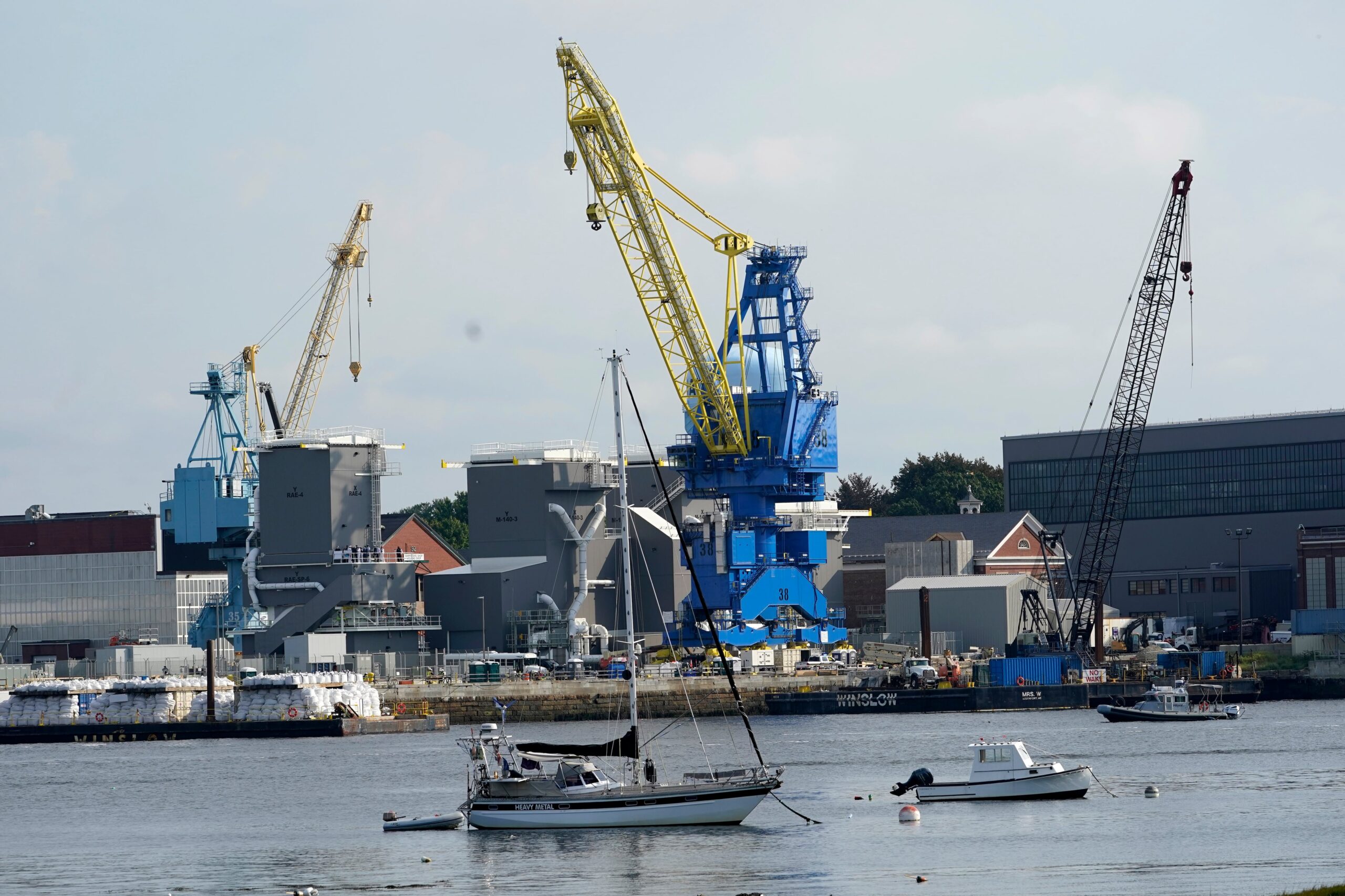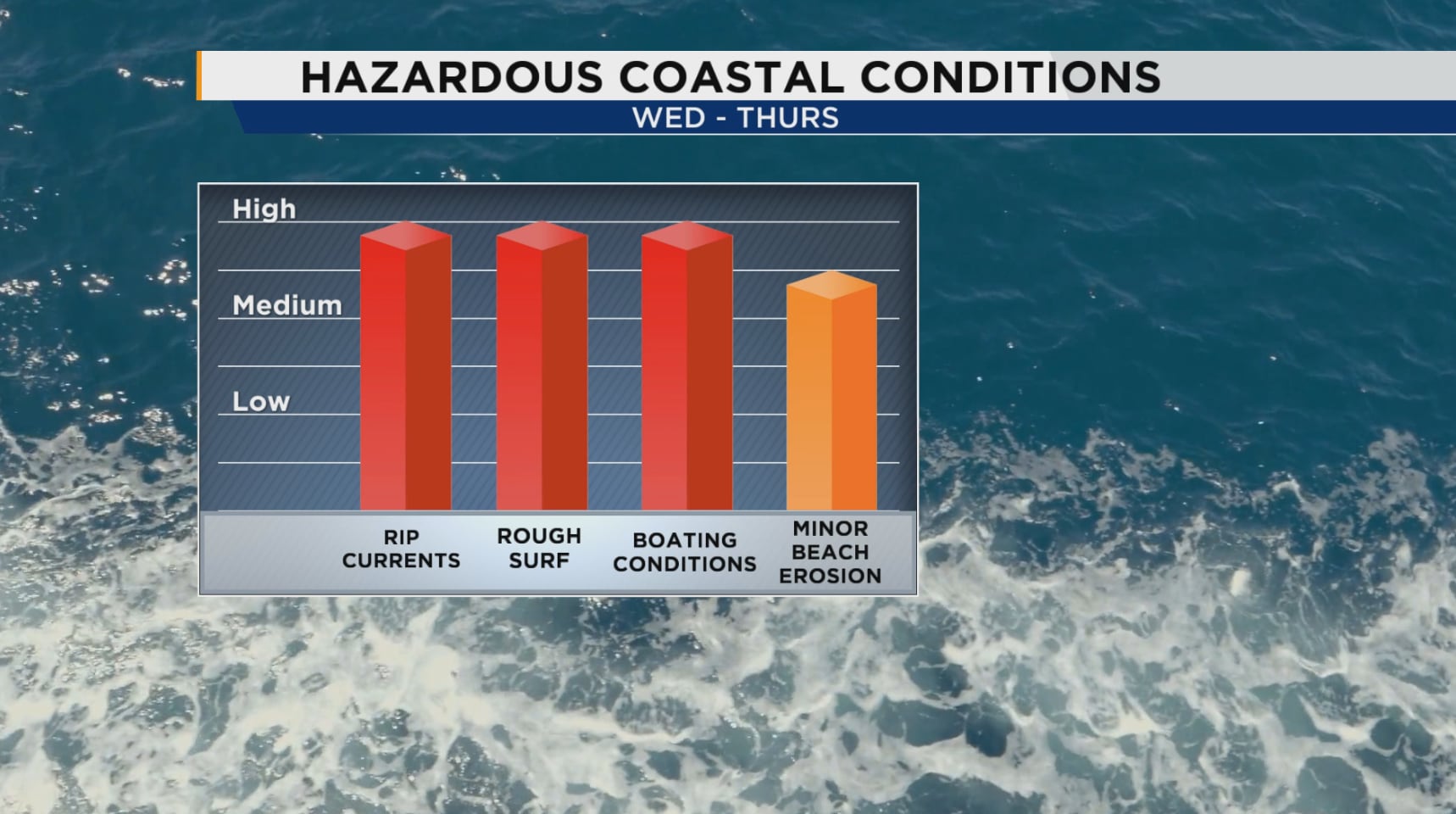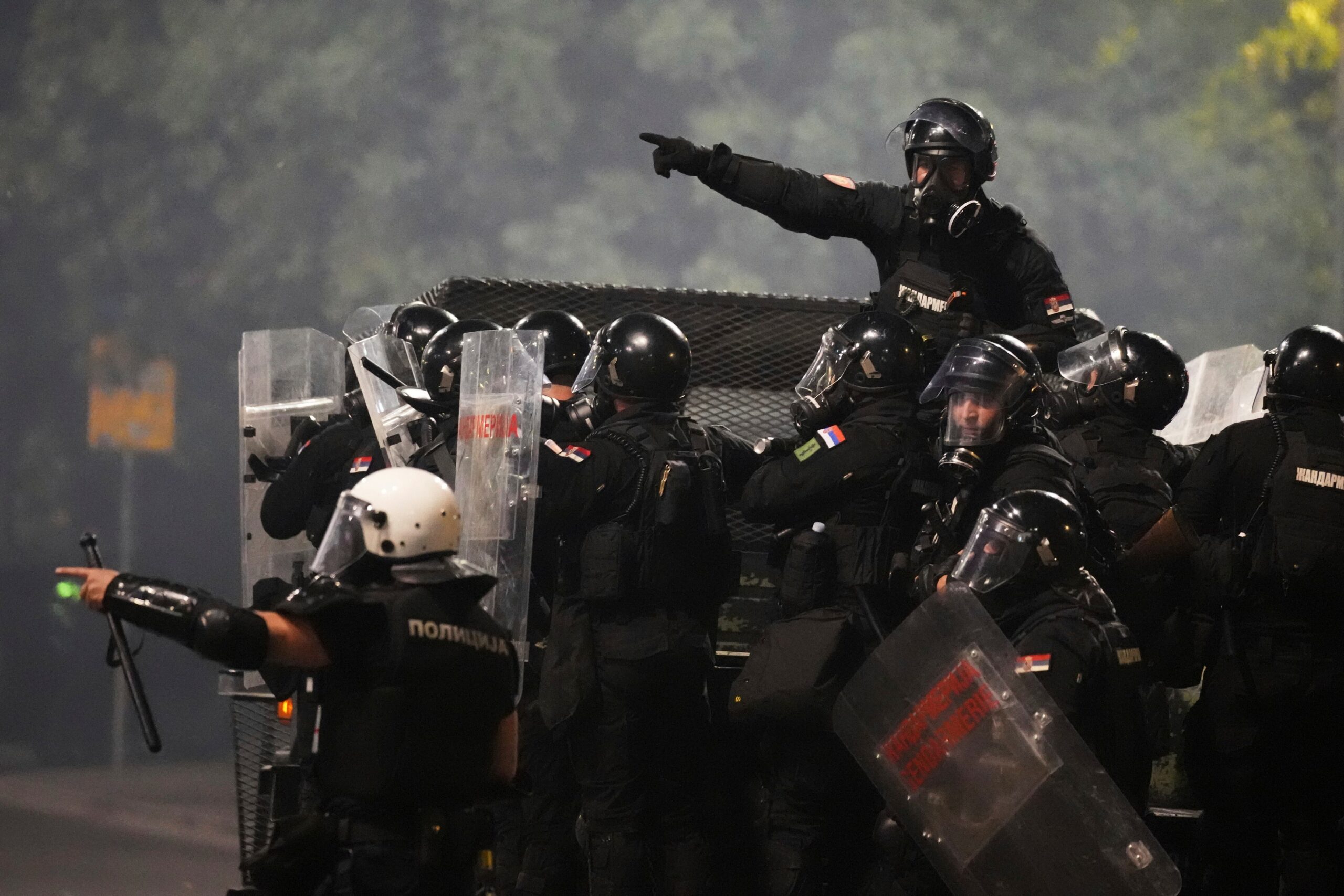Prime Minister Pedro S. Sanchez announced on Sunday that Spain is sending an additional 500 troops to fight flames that have ripped through arid forests during an extended period of intense heat.
As officials battled to suppress forest fires, particularly in the northwest Galicia region, and awaited the arrival of promised aircraft reinforcements from other European nations, they decided to augment the more than 1,400 personnel already on wildfire duty.
Suggested Videos
Alfonso Rueda, the president of the Galician regional administration, informed Sanchez during a press conference that firefighters are battling 12 large wildfires in Galicia, all of which are close to the city of Ourense.
We have lockdowns in place and are conducting evacuations because homes are still under danger, Rueda stated. For over a week, Galicia has been fighting the escalating fire.
According to the Spanish national weather organization AEMET, temperatures in some parts of Spain could exceed 45 degrees Celsius (113 degrees Fahrenheit) on Sunday. The southern city of Cordoba recorded a high temperature of 44.7 degrees Celsius (112.46 degrees Fahrenheit) on Saturday, according to the report.
According to AEMET on the social media platform X, there is a high risk of wildfires in most of the country this Sunday due to the predicted exceptionally high temperatures.
The European Forest Fire Information System of the European Union reports that 158,000 hectares (390,000 acres) had been burned by fires in Spain this year. That’s around the size of metropolitan London.
Since the 1980s, Europe has warmed twice as quickly as the rest of the world, according to the EU’s Copernicus Climate Change Service. According to scientists, climate change is making portions of Europe more susceptible to wildfires by increasing the frequency and severity of heat waves and dry spells.
Spain awaits additional flights and European firemen.
Under a European cooperation agreement, Spain was anticipating the arrival of two Dutch water-dumping planes to join those already assisting Spanish authorities from France and Italy.
Virginia Barcones, the head of Spain’s Civil Protection Agency, told public channel RTVE that firefighters from other nations are also anticipated to arrive in the area in the next several days.
Due to the fires, national rail operator Renfe announced that it has canceled Sunday’s high-speed train service between Madrid and Galicia.
To prevent breathing in smoke and ash, Galician authorities recommended using face masks and limiting outside time.
Cooler days are ahead for Portugal.
Following a wave of intense forest fires, Portugal is expected to have milder temperatures in the days ahead. In response to wildfires, a nationwide state of alert was declared on Aug. 2 and was scheduled to expire on Sunday, the day before two Swedish firefighting aircraft were scheduled to arrive.
Portugal’s resources have been overextended, just like those of Spain. According to the nation’s Civil Protection Agency, more than 1,300 vehicles, 4,000 firefighters, and 17 aircraft were deployed on Sunday.
According to preliminary estimates by the government-run Institute for the Conservation of Nature and Forests, the amount of forest that has been scorched in Portugal so far this year is approximately 139,000 hectares, which is 17 times larger than it was in 2024.
In recent days, Greece, Bulgaria, Montenegro, and Albania have also asked the EU firefighting force for assistance in battling forest fires. This year, the force has already been called into action as many times as it was over the entire summer fire season last year.
Turkish flames pose a threat to the Gallipoli memorial area.
Parts of the historic area in Turkey, which contains monuments to the Gallipoli campaign of World War I, were evacuated on Sunday due to the threat of burning hitting residences in the northwest of the nation, where previous wildfires have claimed 19 lives.
According to Omer Toraman, the governor of Canakkale province, six communities were evacuated as a precaution.
The General Directorate of Forestry said that 30 aircraft supported 1,300 firefighters combating the fire.
Gallipoli’s visitor facilities were closed due to a wildfire on the peninsula north of the Dardanelles Strait, according to the site’s management. Cemeteries, plaques, and other artifacts from the Ottoman and Allied troops’ 1915 engagements are scattered around the region.
Since late June, Turkey has seen hundreds of fires, driven by high winds, dry weather, and record-breaking temperatures.
___
This report was supplied by Andrew Wilks in Istanbul.









